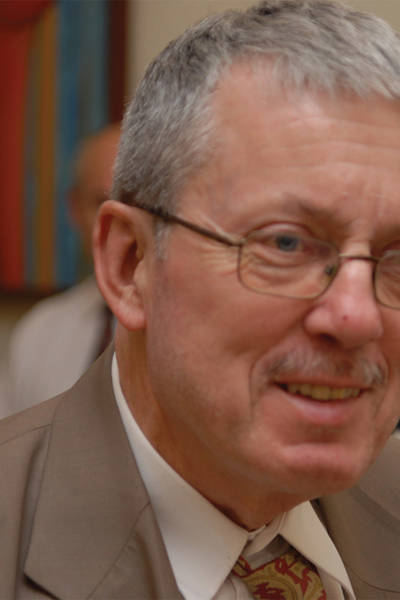In 1990, rebellion broke out in Northern Mali, spearheaded by Tuareg and Arab nomads who protested against marginalization, against the militarization of the North and against the increasing gap in development between the North and the South of the country. The Norwegian Church Aid (NCA) had been running a huge development project in the area. With the rebellion, two of its Malian staff-members became general secretaries of two different rebel movements, and the NCA unwittingly found itself near the centre of events. Throughout the period of rebellion, many meetings were held between rebel leaders and the government, and two formal peace agreements were reached – in Tamanrasset in Algeria on 6 January 1991, and the National Pact in Bamako on 11 April 1992. However, the government that concluded the Tamanrasset agreement was overthrown only two months later. The transitional government that signed the National Pact withdrew after a few weeks, and a democratically elected regime took over. The government lost control of military units in the North; the rebel movements also lacked inner discipline. In May 1994 the sedentarists launched a ‘self-defence’ movement which led to a brief but intense period of ethnic-related violence.
Civil society had long played a central role in encouraging a peaceful solution. However, it was not until late 1994, with the movements actively searching for peace and the government again in control of the army, that civil society was invited to work out a solution towards a final settlement. Although decisive in facilitating peace agreements between sedentarists and nomad rebel movements, local civil society was not able to find a way to bring about reconciliation and restore economic and social life.
Representatives from civil society, rebel movements and the government requested the NCA to use its connections to break this impasse. Former NCA director Kåre Lode was selected to lead the initiative. Together with highly competent Malian advisors, a strategy was drawn up for involving civil society. This in turn unleashed a unique process of reconciliation and broader grass-root influence on the final peace settlement.
The formal peace settlement has provided acceptable solutions to the main causes of the rebellion. However, the North of Mali is in grave need of help for development projects that can give its people confidence and hope for the future. Here the international community has a vital role to play. This, indeed, is the key to a lasting peace in Mali.







